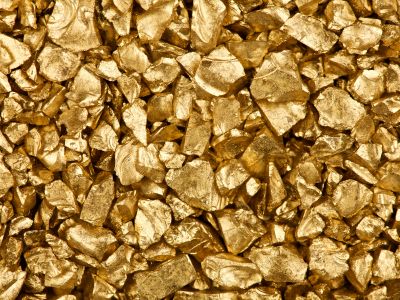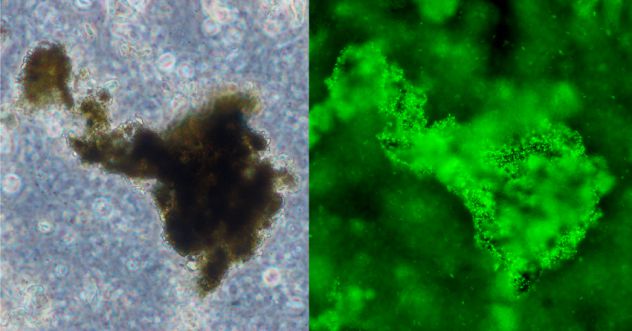Recovery of gold from trash with microorganisms
science·@julyjules90·
0.000 HBDRecovery of gold from trash with microorganisms
 There is an increasing demand for precious metals such as gold, silver, platinum or palladium, which are a key resource for many high tech applications. But precious metals are rare and increasingly difficult to find. What can we do about that? Part of the solution is to stop treating precious metals as trash.  microscopic picture of a metalbinding bacteria - every year we end up with more than 40 Million tons of electronic trash, with one ton of computer circuit boards alone containing up to 250 grams of gold and one kilogram of silver - the production of 40 mobile phones, which have an average lifespan of just 2.5 years, requires around one gram of gold. About one ton of gold more needs to be mined in order to extract the same amount of gold. - in the steel and metal industries, hundreds of millions of tons of dust, sludge or cinders containing precious metals are scrapped every year - incinerator bottom ashes (IBA) partly serve as an asphalt ingredient for road building. In Germany, up to 3 tons of gold and incredible amounts of other metals end up as road surfacing every year. BRAIN AG in Germany has developed such solutions based on modern biotechnology. Bacteria are the natural heroes that are able to recover metals from trash. These bacteria process secondary resources and thereby extract precious metals with yield rates up to 100% depending on the source material and metal. The technology has been successfully transferred from lab to pilot scale.